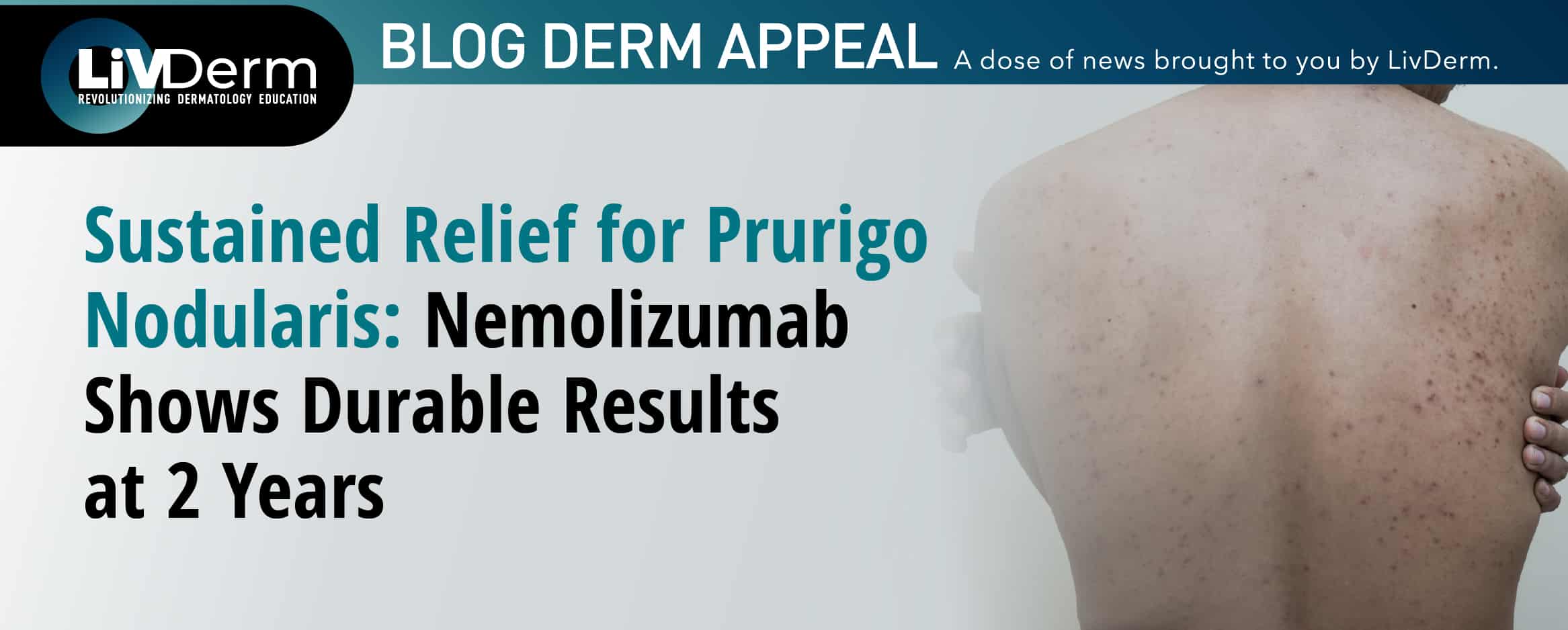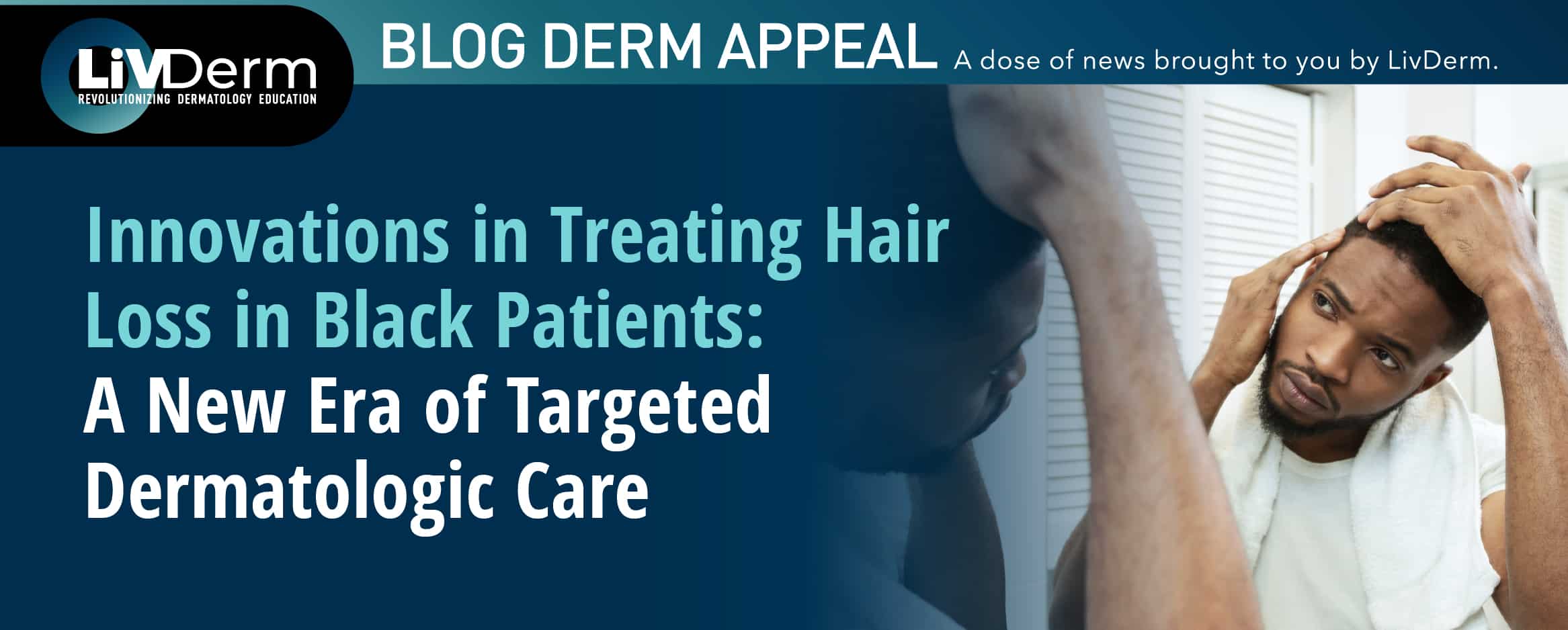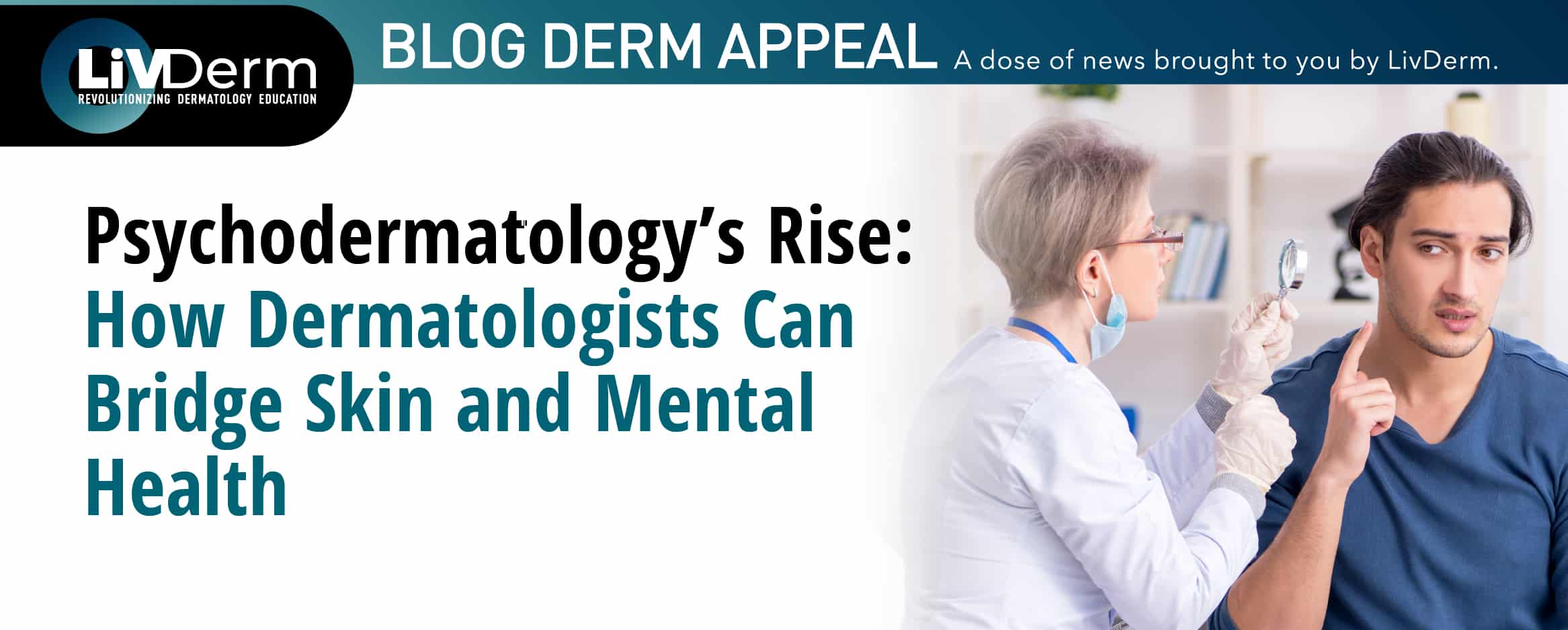The 2023 Masters of Pediatric Dermatology (MOPD) Symposium kicked off on Feb. 9 with a brief introduction by its chair, Lawrence A. Schachner, MD. Dr. Schachner then presented his therapeutic update, discussing what’s new in pediatric dermatology. He spoke specifically about some recent treatment options. This included dupilumab, which was recently approved for children ages six months and over, and crisaborole, an alternative option for those who want to avoid topical steroids. He also discussed sirolimus, which gained U.S. Food and Drug Administration approval in March 2022 for children over six.
Therapeutic Masterclass: Treatment Pearls
The Therapeutic Masterclass immediately followed Dr. Schachner’s update, which featured an expert lineup of speakers, including Karan Lal, DO, MS, Peter A. Lio, MD, Elaine C. Siegfried, MD, Brittany G. Craiglow, MD, Mercedes E. Gonzalez, MD, and Hadar Avihai Lev-Tov, MD, MAS.
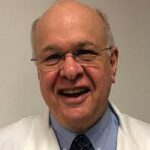
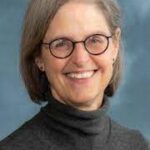

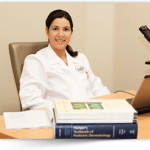
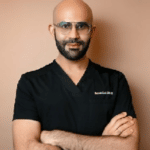
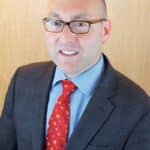

Dr. Lal spoke about vitiligo, where he reviewed some of the comorbidities associated with the disease, and discussed different treatment options. Dr. Lio discussed hyperhidrosis, examining its prevalence and looking at some holistic approaches to the condition. Dr. Siegfried covered both psoriasis and impetigo, sharing several treatment and management options with attendees. The topic of alopecia areata (AA) was covered by Dr. Craiglow and was significantly well-received as the MOPD room filled, leaving many attendees with the option of standing only. Dr. Craiglow mentioned that one of the first things to cover with patients suffering from AA is to acknowledge their hardships as it can be a very debilitating disease. She spoke specifically about corticosteroids, dupilumab, and oral minoxidil, highlighting where she is likely to use each treatment and when to combine, depending on the age of the child and the severity of the condition. Dr. Gonzalez then took over with a discussion on molluscum contagiosum, which she said she sees daily in her practice. The last two topics under this session, hidradenitis suppurativa (HS) and wound healing were led by Dr. Lev-Tov. Speaking about HS, he mentioned that early diagnosis is key to helping prevent disease progression as the prevalence does increase with age.
Dermatologic Care for Adolescent Patients
The afternoon session of MOPD began with the Dermatologic Care for Adolescent Patients session. Kicking things off with a review of new therapeutics for teens with acne was Jonette E. Keri, MD, PhD. New speaker and leader of the South Beach Symposium Sexual and Gender Diverse (SGD) Summit, Klint Peebles, MD, then took over with a look at patient care for the LGBTQ+ community. Dr. Peebles led the discussion with some political events and legislature which are posing challenges to the care of SGD patients. He went on to provide attendees with some terminology, pointing out that assumptions cannot be made based on a person’s behavior or identity. Dr. Peebles also pointed out the differences between ‘gender-expansive children’ and ‘transgender children’, highlighting the prior as those exhibiting behavior or other traits that are not necessarily considered gender-typical. options with attendees. The topic of alopecia areata (AA) was covered by Dr. Craiglow and was significantly well-received as the MOPD room filled, leaving many attendees with the option of standing only. Dr. Craiglow mentioned that one of the first things to cover with patients suffering from AA is to acknowledge their hardships as it can be a very debilitating disease. She spoke specifically about corticosteroids, dupilumab, and oral minoxidil, highlighting where she is likely to use each treatment and when to combine, depending on the age of the child and the severity of the condition. Dr. Gonzalez then took over with a discussion on molluscum contagiosum, which she said she sees daily in her practice. The last two topics under this session, hidradenitis suppurativa (HS) and wound healing were led by Dr. Lev-Tov. Speaking about HS, he mentioned that early diagnosis is key to helping prevent disease progression as the prevalence does increase with age.
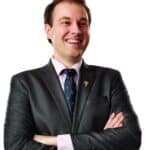
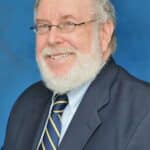
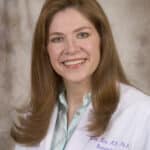
Theodore Rosen, MD then took over the discussion with a talk on skin manifestations of sexually transmitted diseases (STD). He opened with a slide showing that 15-24-year-olds account for half of all new STD infections, then went on to mention that it is important to recognize children under the age of 18 years can suffer from STDs and that early education about risky behavior is key. Dr. Craiglow returned to the stage to discuss JAK (Janus kinase) inhibitors for adolescent patients before Dr. Lio took the lead to talk about the psychological effects of skin diseases. He looked at some of the comorbidities associated with skin diseases such as atopic dermatitis (AD), reviewing several studies that analyzed things such as sleep disturbance, stress, anxiety, and depression.
Pigmented Skin Lesions
Following a brief networking break, Fernanda B. Schmidt, MD, welcomed back participants with a session on pigmented lesions in children highlighting the features of these in children specifically. Giuseppi Micali, MD, then took over to look at diagnostic dermoscopy, which he states has been shown to improve clinicians’ sensitivity for melanoma with improved specificity, resulting in the need for fewer biopsies.

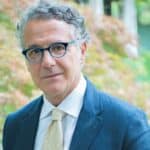
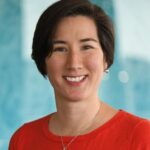
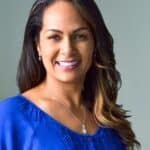
Filling in the Gaps in Pediatric Dermatology
Dr. Gonzalez then returned to the podium to speak about diagnosing skin conditions across the Fitzpatrick skin type, where she discussed common skin diseases as they present in pediatric skin of color (SOC) patients. Dr. Gonzalez also mentioned the risk of misdiagnosing certain conditions due to their differing appearance on different skin colors. Dr. Lal also returned to examine the effects of inner-city issues in pediatric dermatology. He looked specifically at HS and AD, reviewing the role that pollution can play in their prevalence and flare-ups. Anna L. Bruckner, MD, a new speaker at MOPD later took participants through telemedicine for rural patients, discussing both the benefits and downsides of this remote healthcare approach. She concluded with her own thoughts on telehealth, adding that she prefers to use it when the context is appropriate and there is a good relationship with the patient, for example for follow-up visits.
A team of experts, Latanya T. Benjamin, MD, Dr. Lio, and Dr. Micali concluded the first day of MOPD with a friendly debate on AD, looking specifically at, ‘Does Early Treatment of AD Modify Disease Course?’


